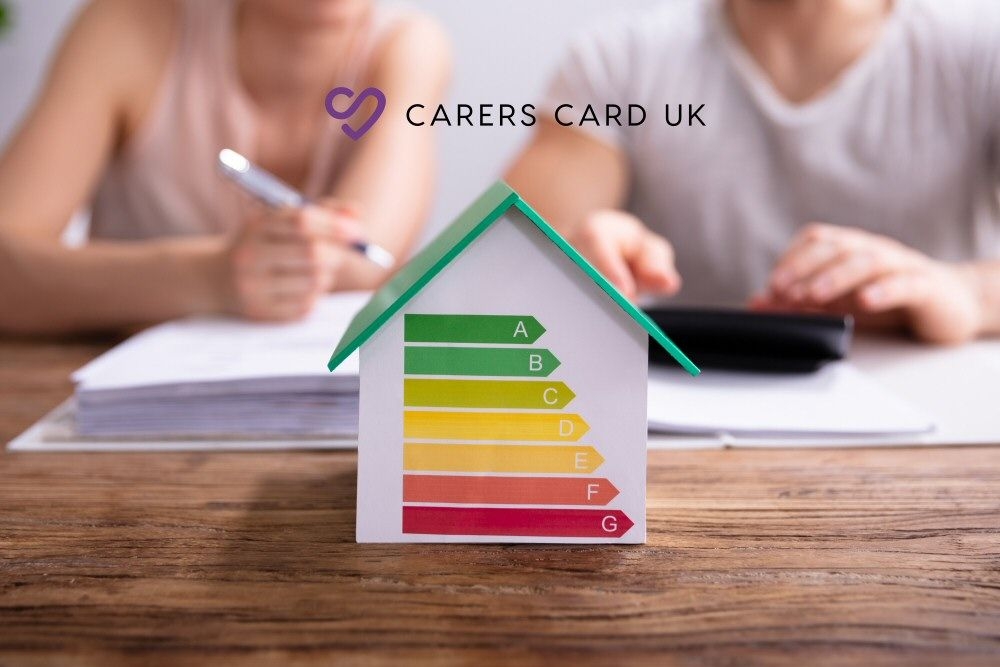1. Unplug Devices Not in Use
Electrical devices, even when turned off but still plugged in, can consume energy. This 'vampire' energy loss can be easily prevented by unplugging appliances and chargers when not in use.
Tip: Use power strips to turn off multiple devices at once, making it easier to manage energy usage in areas with many electronics like entertainment centres or home offices.
2. Manage Your Heating
Heating can account for a significant portion of your energy bill. Turning your thermostat down by just one degree can reduce your heating costs by up to 10%. Also, consider wearing warmer clothing indoors during colder months to reduce reliance on central heating.
Tip: Install a programmable thermostat to better control heating schedules, ensuring heating is on only when necessary.
3. Use Energy-Efficient Lighting
Replacing incandescent bulbs with LED lights can save you up to 80% in lighting energy. LEDs last longer, reducing the frequency of replacements, and they use a fraction of the energy.
Tip: Focus on replacing bulbs in high-use areas first, such as the kitchen and living room, to maximise savings.
4. Improve Home Insulation
Improving your home’s insulation can keep the heat in during winter and out during summer, reducing the need for heating and air conditioning. Check for draughts around doors and windows, and consider double glazing or insulating curtains to improve thermal retention.
Tip: Adding insulation to your loft can be a cost-effective way to significantly reduce heat loss.
5. Be Smart About Water Heating
Water heating is another major energy cost. Ensure your boiler or water heater is efficient by scheduling regular maintenance. Additionally, reducing the water temperature setting and encouraging shorter showers can decrease energy use.
Tip: Install a water-efficient showerhead to reduce hot water use without affecting your comfort during showers.
6. Efficient Use of Appliances
Using appliances efficiently can lead to significant energy savings. Only run dishwashers and washing machines with full loads, and use eco settings whenever possible. Avoid using the tumble dryer unless absolutely necessary; air-drying clothes is more energy-efficient.
Tip: Consider upgrading to energy-efficient appliances when it’s time for replacements.
Summary and Key Takeaways
- Unplug devices when not in use to prevent energy waste.
- Adjust heating habits and install a programmable thermostat to manage your home’s temperature efficiently.
- Switch to LED lighting to cut down on electricity use and costs.
- Improve home insulation to maintain temperature control naturally.
- Optimise water heating settings and encourage the use of efficient showerheads.
- Use household appliances more efficiently to reduce energy consumption.
By adopting these six straightforward strategies, you, as a carer, can significantly reduce your household bills, allowing you to allocate resources elsewhere or simply enjoy some extra savings. Energy efficiency is not only good for your wallet but also for the planet. For more helpful tips and support, visit CarersCardUK.

